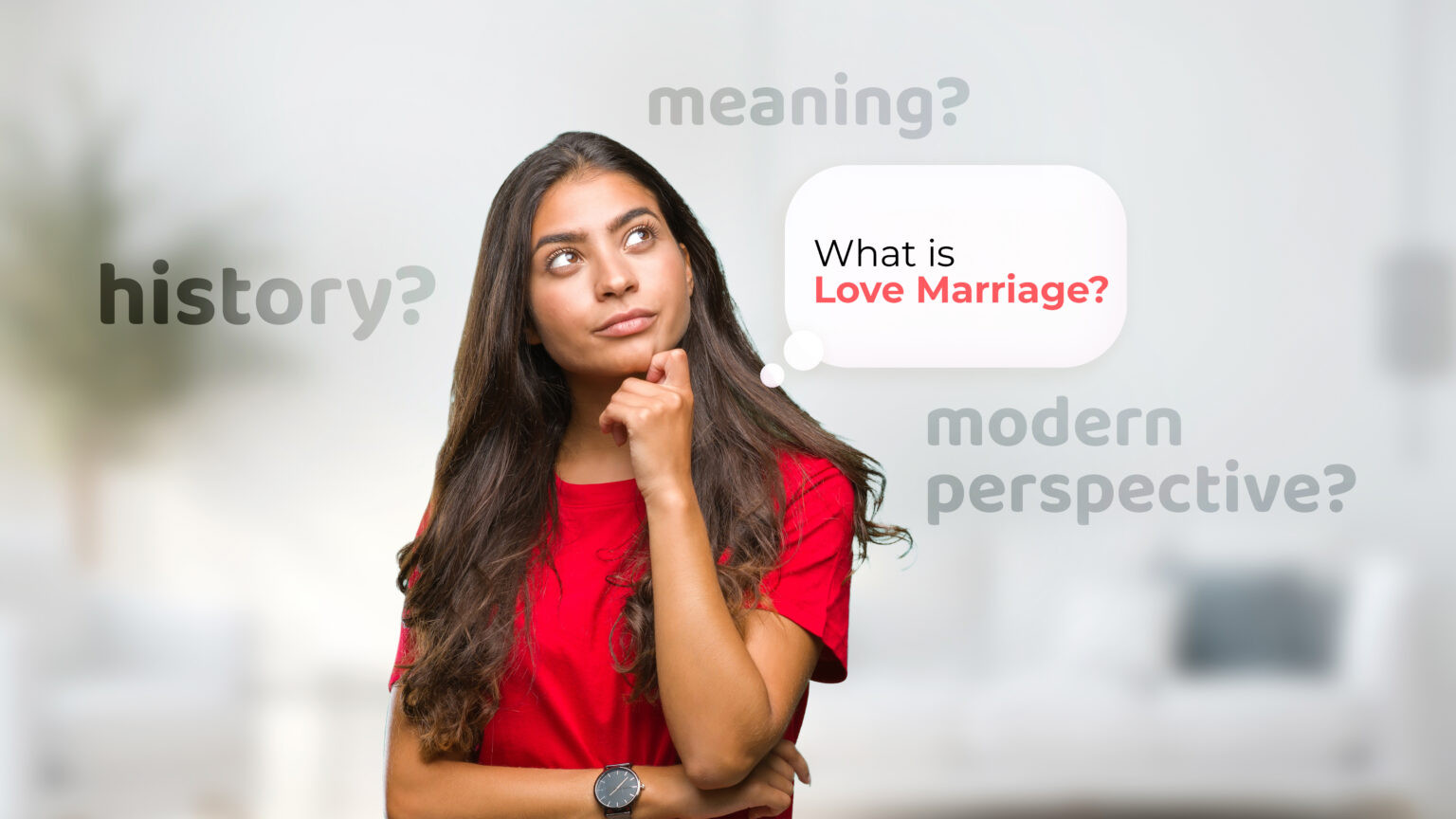
Love Marriage: Meaning, History, and Modern Perspectives
Love marriage is a concept where individuals choose their life partners based on love, emotional connection, and mutual respect, rather than family or societal expectations. Unlike arranged marriages, which are typically orchestrated by families, love marriages prioritize personal choice and romantic bonds. This concept has gained global acceptance, challenging cultural norms and reshaping traditional views on relationships.
In this blog, we explore the meaning, history, and modern perspectives of love marriage, examining its cultural significance, challenges, and societal impact.
What is Love Marriage?
A love marriage is a union where individuals freely choose their partners based on personal affection, compatibility, and emotional connection, without external pressure. This type of marriage highlights autonomy and personal freedom in choosing a life partner.
Key Elements of Love Marriage:
Personal Choice: The decision to marry is made by the individuals involved.
Emotional Connection: The relationship is based on love, trust, and understanding.
Breaking Societal Norms: Love marriages often challenge traditional barriers like caste, religion, and social status.
Beyond personal preference, love marriage symbolizes individuality and the freedom to choose a life partner without societal constraints.
Historical Background of Love Marriages
Although love marriage is often considered a modern phenomenon, it has existed for centuries. Various historical texts and folklore feature love stories that highlight its significance.
Ancient Cultures: Stories such as Shakuntala and Dushyanta in Indian mythology and Helen of Troy in Greek mythology emphasize love’s power in shaping relationships.
Medieval Times: Marriages were primarily arranged for political or economic gain, but tales like Romeo and Juliet reflect the romantic ideal.
Post-Renaissance Era: The rise of individualism and personal freedom led to increased acceptance of love marriages, particularly in Western societies.
The 20th century marked a turning point with globalization, education, and evolving gender roles making love marriages more widely accepted.
Cultural Perspectives on Love Marriage
The acceptance of love marriages varies across different cultures:
Western Societies: Love marriages have been the norm for decades, symbolizing independence and personal fulfillment.
Eastern Societies: Countries like India, China, and Japan have historically favored arranged marriages, though love marriages are becoming more common.
Traditional Societies: In regions with strong religious and cultural norms, love marriages still face resistance, particularly in cases crossing caste, religious, or financial boundaries.
Cultural norms play a significant role in shaping attitudes toward love marriages, influencing both challenges and acceptance.
Differences Between Love Marriage & Arranged Marriage
| Aspect | Love Marriage | Arranged Marriage |
|---|---|---|
| Decision Basis | Personal choice | Family-led decision |
| Emotional Bond | Based on love and compatibility | Practical compatibility |
| Cultural Influence | Often challenges traditions | Preserves cultural values |
Increasingly, hybrid models where families support love-based matches are becoming popular.
The Role of Family in Love Marriages
Family support plays a crucial role in the success of love marriages. Acceptance fosters harmony, while disapproval can create emotional and logistical difficulties. Many couples struggle with gaining parental approval, but open communication and understanding can help bridge this gap.
Legal Aspects of Love Marriages
The legality of love marriages varies by country:
Inter-caste and Inter-faith Marriages: Legal in many nations but often face societal opposition.
Marriage Equality: Many regions have extended love marriage rights to same-sex couples.
Legal Protections: Many countries are enacting laws to safeguard love marriages from external opposition.
Legal frameworks play a vital role in legitimizing love marriages, especially in conservative societies.
Modern Perspectives on Love Marriage
Globalization, education, and technology have redefined love marriages:
Social Media and Online Dating: Platforms like Tinder and Bumble make it easier for individuals to connect and build relationships.
Changing Attitudes: Younger generations prioritize emotional fulfillment over societal expectations.
Gender Equality: Love marriages promote progressive views on gender roles and shared responsibilities.
These factors highlight the evolving dynamics of love and relationships in modern society.
Challenges in Love Marriages
Despite their increasing popularity, love marriages face several challenges:
Family and Societal Pressure: Opposition from families and communities remains a major hurdle.
Emotional and Financial Pressures: Couples may face added responsibilities in navigating independent choices.
Cultural Differences: Marrying across different cultures or religions can lead to misunderstandings and family conflicts.
Understanding these challenges can help couples navigate them effectively through communication and awareness.
Psychological Aspects of Love Marriages
The success of a love marriage depends on trust, communication, and mutual understanding:
Building Trust: A strong emotional foundation enhances relationship resilience.
Conflict Resolution: Open communication helps prevent misunderstandings.
Mental Health Benefits: Love-based relationships foster emotional well-being and satisfaction.
Investing in relationship-building skills is essential for long-term success.
Success Rates of Love Marriages
Studies suggest that love marriages often have higher satisfaction rates due to emotional compatibility. However, challenges such as societal opposition and family pressure can impact their longevity. Key factors contributing to success include mutual respect, shared goals, and effective communication.
Common Myths About Love Marriages
"Love Marriages Are Impulsive": Strong relationships are built on thoughtful decisions and mutual understanding.
"They Are Unsustainable": Research indicates that love marriages can be as lasting as arranged marriages when built on a strong foundation.
"They Disrespect Traditions": Many love marriages blend modern ideals with cultural values.
How to Make Love Marriages Work
Prioritize Communication: Open discussions about expectations and goals strengthen relationships.
Seek Family Support: Gaining parental acceptance fosters harmony.
Invest in Growth: Personal and relationship growth strengthens emotional bonds.
Consider Counseling: Premarital counseling can prepare couples for future challenges.
Impact of Love Marriages on Society
Love marriages contribute to social progress by:
Breaking Barriers: Challenging caste, religious, and class divisions.
Promoting Equality: Encouraging respect and mutual partnership.
Fostering Inclusivity: Creating greater acceptance of diverse relationships.
Conclusion
Love marriages symbolize autonomy, equality, and emotional connection. While challenges persist, changing social norms, legal protections, and evolving cultural perspectives are making love marriages more widely accepted. By fostering trust, communication, and family support, love marriages can thrive and contribute to a more inclusive and progressive society.